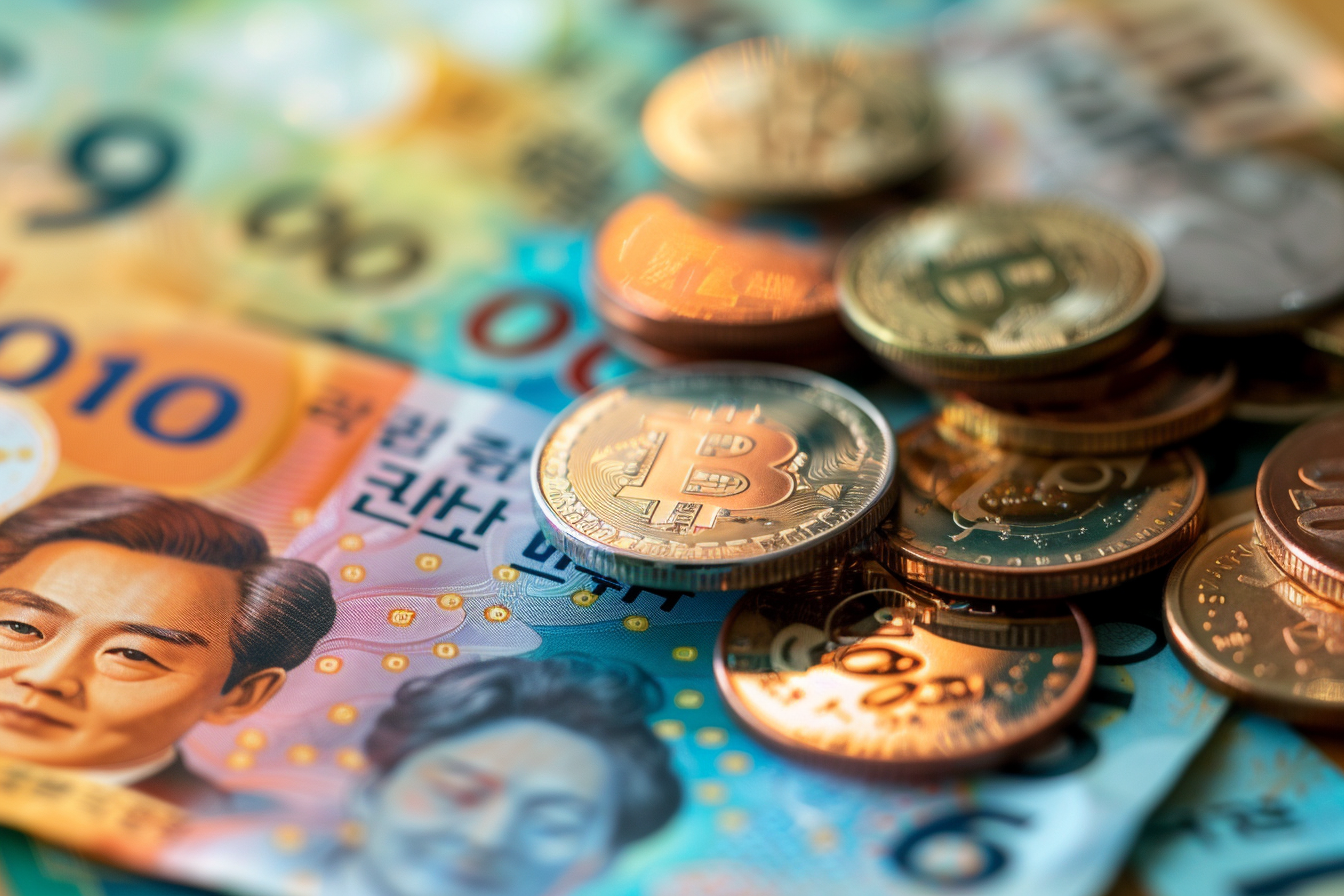Table of Contents
South Korean lawmakers are considering "abolishing" a new crypto lax law, which has already been pushed back.
The National Assembly Legislative Research Service mentioned the potential axing of the law in the latest edition of the National Assembly Legislative Policy Guidebook.
MPs will vote on whether to scrap taxing gold investments. Some argue that this would discriminate against other assets including stocks and crypto.
“[MPs] must decide whether and when to implement the virtual asset income taxation system in conjunction with their discussions [about] gold investment tax,” the guidebook’s authors noted.
The Legislative Research Service stated that “virtual assets are investment-focused [assets] like stocks” and that some believe “virtual assets are investment-focused [assets] like stocks” in the way that they are "bought and sold."
“[Lawmakers] must consider tax parity and fairness [if they] abolish the gold investment tax. It could be argued that [the crypto tax] should also be postponed or abolished,” the writers said.
A 20% tax levy would be introduced on crypto-related income of over 2.5 million won per year under the regime.
The virtual asset taxation regime has already been pushed back from January 2023 to January 2025. Ahead of South Korea's legislative elections in April, President Yoon Suk-yeol’s People Power Party vowed another delay that would postpone the tax plan to start in 2027.

However, the party was defeated in the election. Nonetheless, politicians are still debating how to proceed with the law.
According to Kaiko, South Korea's won is now the most traded currency against crypto, even overtaking the US dollar (USD).
KRW accounted for $456 billion in cumulative trade volume on centralized crypto exchanges in Q1 of 2024. USD's volume hit $455 billion over the same period.

KRW's large volume traded for crypto is due to Korea's ongoing fee war. “The improving macroeconomic environment and fierce competition among Korean exchanges has boosted trade volume on Korean markets which hit its highest level in more than two years in early March," Kaiko explained.
Korean exchanges Bithumb and Korbit have recently offered zero-fee trading promotions to lure users away from Upbit, which has a market share of 82% in spot trading volume.
Korea also has a notoriously high premium on crypto trading. The phenomenon known as the "Kimchi Premium" is used to describe the phenomenon when cryptocurrencies trade at higher prices on South Korean exchanges compared to the rest of the world.









